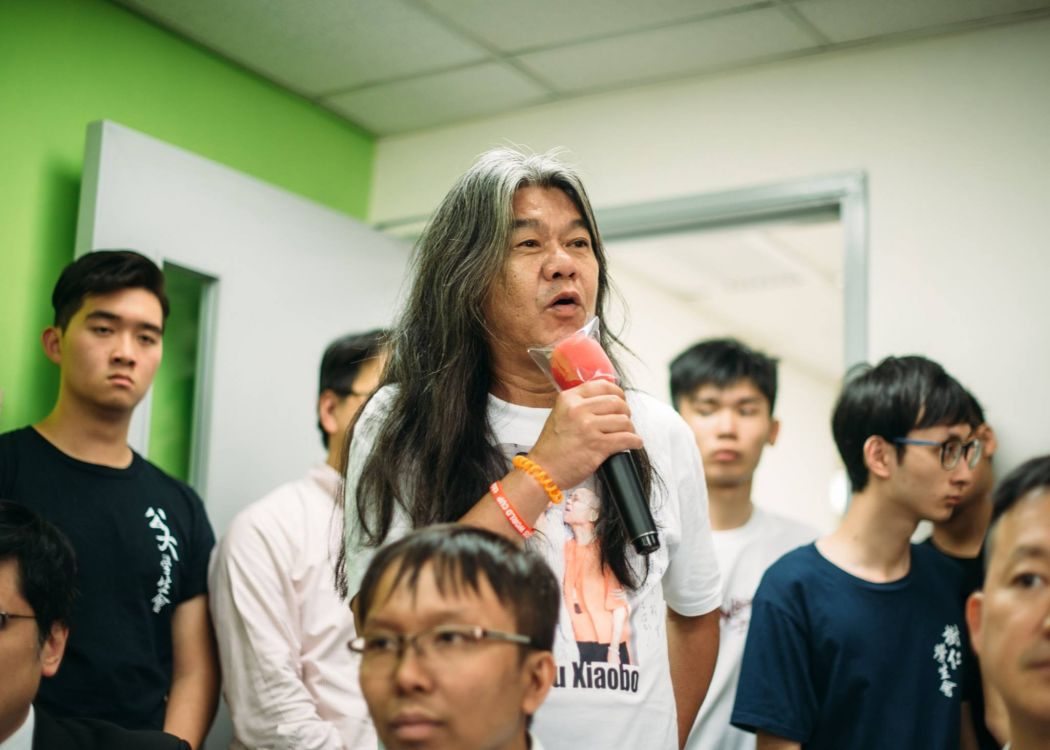Pro-democracy lawmakers, professionals, academics, civic organisations and student bodies have set up a concern group in response to the controversial joint checkpoint arrangement for the Guangzhou-Shenzhen-Hong Kong Express Rail Link.
The proposal, announced last week, will involve “leasing” land to the mainland and effectively giving up Hong Kong jurisdiction in parts of the West Kowloon train terminus.
A press conference was held on Wednesday afternoon to announce the formation of the group. It consists of 94 individuals and representatives from organisations and bodies, including pro-democracy legislators and the four recently ousted lawmakers, legal heavyweights Margaret Ng and Alan Leong, and the student unions of several tertiary education institutions.

In a petition, the group cited four reasons for rejecting the proposal. They include the violation of the Basic Law; the danger of setting a precedent for the Hong Kong government to make the same arrangements at other border checkpoints; “misleading” comparisons with arrangements at the UK-France and US-Canada border; and the existence of other alternate proposals.
The group also made three demands: to stop releasing misleading information to the public; to withdraw the joint checkpoint proposal; and to consult the public on the terminus plans.
Ousted lawmaker Leung Kwok-hung said that he hoped the number of petition signatories would reach between 300,000 to 500,000.
When asked about whether there will be more radical action to put pressure on the government, Tanya Chan said that the group plans to act in stages: “I feel that pointing out where the government has been lying is already radical… [and] we have arguments to back it up.”

“[T]hese three months are very crucial, because there have been rumours that a resolution will be brought before the Legislative Council by November. This means that the next three months will be very important in terms of collecting views from the public. If we cannot accumulate a reasonable number [of signatures] over these three months, I think it will be difficult to get the government to carry out consultation and respect the public’s views – they may even continue to mislead everyone.”
However, Chan was optimistic given the number of student groups that have joined as initiators. “I believe their platform will allow more young people to understand the joint checkpoint proposals and its many problems.”
‘Economic benefits’
Chief Executive Carrie Lam told reporters in Singapore on Wednesday that the government will continue to explain the joint checkpoint plan to the public.

“I just don’t see any alternative to doing this co-location in order to reap the huge economic and social benefits arising from our 26 kilometres of the Hong Kong section of the high-speed rail connecting to this massive high-speed train network in the mainland,” she said.
